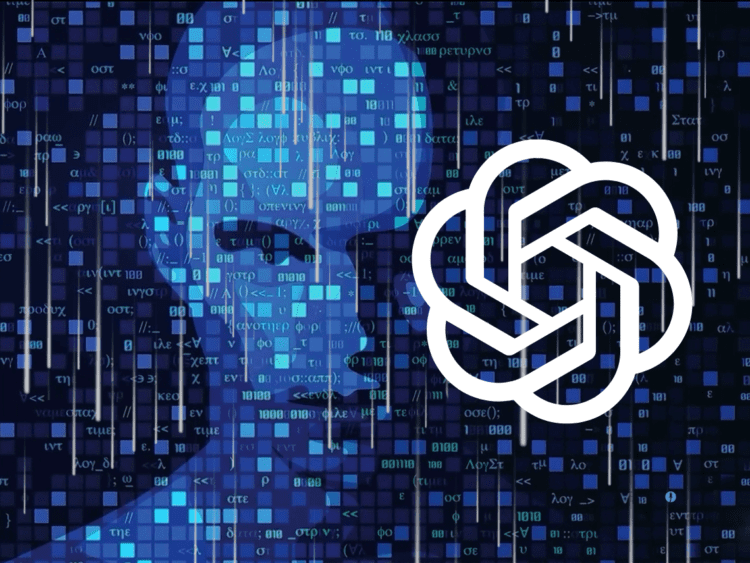OpenAI’s popular chatbot, ChatGPT, is gearing up to expand its digital footprint. After a successful stint on iOS, it’s now preparing to make its grand debut on Android platforms, promising a smoother user experience and setting the stage for an intriguing next chapter in artificial intelligence. Simultaneously, OpenAI along with several other AI industry leaders, is taking significant strides in advancing AI governance, reinforcing safety, security, and trustworthiness.
ChatGPT’s Transition to Android: What to Expect?
Over the past two months, ChatGPT has made waves in the tech world, especially among iOS users. With an impressive half a million downloads in the initial week alone, it proved the demand for a sophisticated AI chatbot. Following this success, Android users are about to get their turn. While the web interface of OpenAI tools is accessible to any mobile user, the convenience and comprehensive experience of a dedicated app are incomparable.
The impending Android version of ChatGPT aims to match the functionality of its iOS sibling. Features such as syncing conversations and preferences across devices are expected to be part of the package. Hence, users shifting between iPhone and Android devices can breathe a sigh of relief.
However, due to differences in the iOS and Android operating systems, the two versions won’t be carbon copies. Certain iOS-exclusive features like Siri and Shortcuts might be replaced with unique Android add-ons. Despite these minor differences, the launch of ChatGPT on Android—anticipated to commence in the U.S. next week—is a promising development in AI accessibility.
Towards Better AI Governance: OpenAI Takes the Lead
While excitement buzzes around ChatGPT’s expansion, another significant development in the AI industry is taking place. OpenAI and other leading AI labs are voluntarily committing to enhance the safety, security, and trustworthiness of AI technology. Facilitated by the White House, this is a notable move towards implementing effective AI governance worldwide.
As part of these voluntary commitments, OpenAI plans to fine-tune AI governance practices tailored for high-performing models, while continuously investing in research areas that help guide regulations. The goal is to build AI models that are beneficial, safe, and that cater to the evolving technological landscape.
“The global policy landscape is ripe for the inclusion of rules governing powerful AI systems. Today’s commitments offer a blueprint for these discussions. It’s a testament to our ongoing collaborations with governments, civil society organizations, and other stakeholders to advance AI governance.”
Anna Makanju, VP of Global Affairs
These developments highlight two important aspects of AI technology. On the one hand, there is the application of AI in our daily lives—as represented by tools like ChatGPT—and on the other hand, there’s the essential behind-the-scenes work of ensuring these technologies are safe, secure, and trusted. As the narrative unfolds, both these elements will continue to shape the future of artificial intelligence.












